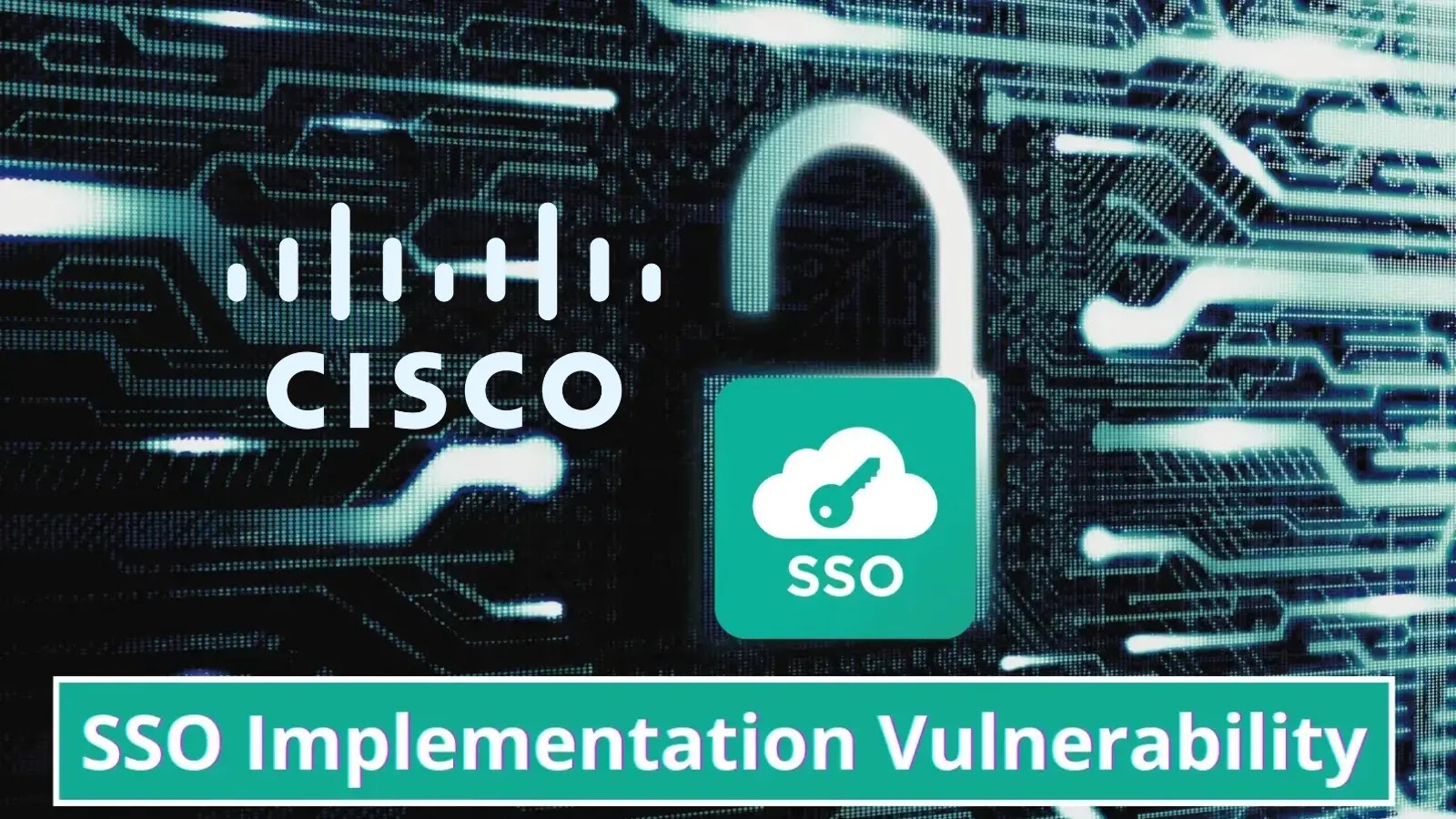A single sign-on (SSO) implementation flaw in the Cisco BroadWorks Application Delivery Platform and Cisco BroadWorks Xtended Services Platform might make it possible for a remote, unauthenticated attacker to forge credentials to access a vulnerable system.
This “Critical” severity vulnerability has a CVSS base score of 10.0 and is tracked as CVE-2023-20238.
Cisco has issued software upgrades to address this vulnerability. There are no workarounds that address this vulnerability.
Details of the Vulnerability
Cisco stated that the process used to validate SSO tokens causes this vulnerability. By logging into the application using fake credentials, an attacker might take advantage of this vulnerability.
“This vulnerability is due to the method used to validate SSO tokens. An attacker could exploit this vulnerability by authenticating to the application with forged credentials”, Cisco said in its Security Advisory.
If the vulnerability is successful, the attacker may be able to use the forged account to execute commands or commit toll fraud. Further, the attacker would be able to read sensitive data, change customer settings, or change settings for other users if that account is an Administrator account.
“If that account is an Administrator account, the attacker would have the ability to view confidential information, modify customer settings, or modify settings for other users,” Cisco said.
The attacker would require a legitimate user ID linked to an affected Cisco BroadWorks system to take advantage of this flaw.
Affected Products
If you are running a vulnerable release of Cisco BroadWorks and have enabled one of the following applications, you are vulnerable to this issue.
- AuthenticationService
- BWCallCenter
- BWReceptionist
- CustomMediaFilesRetrieval
- ModeratorClientApp
- PublicECLQuery
- PublicReporting
- UCAPI
- Xsi-Actions
- Xsi-Events
- Xsi-MMTel
- Xsi-VTR
Products Unaffected
- BroadWorks Ansible Playbook
- BroadWorks Database Server
- BroadWorks Database Troubleshooting Server
- BroadWorks Execution Server
- BroadWorks Media Server
- BroadWorks Messaging Server
- BroadWorks Network Database Server
- BroadWorks Network Function Manager
- BroadWorks Network Server
- BroadWorks Pre-Install Check
- BroadWorks Profile Server
- BroadWorks Service Control Function Server
- BroadWorks Service License Report Tool
- BroadWorks Sharing Server
- BroadWorks Software Manager
- BroadWorks Video Server
- BroadWorks WebRTC Server
Fixes Available
Cisco has made free software upgrades available to fix this issue.
Customers are encouraged to upgrade to an applicable fixed software release as soon as feasible.
Keep informed about the latest Cyber Security News by following us on Google News, Linkedin, Twitter, and Facebook.








%20(1).webp)

